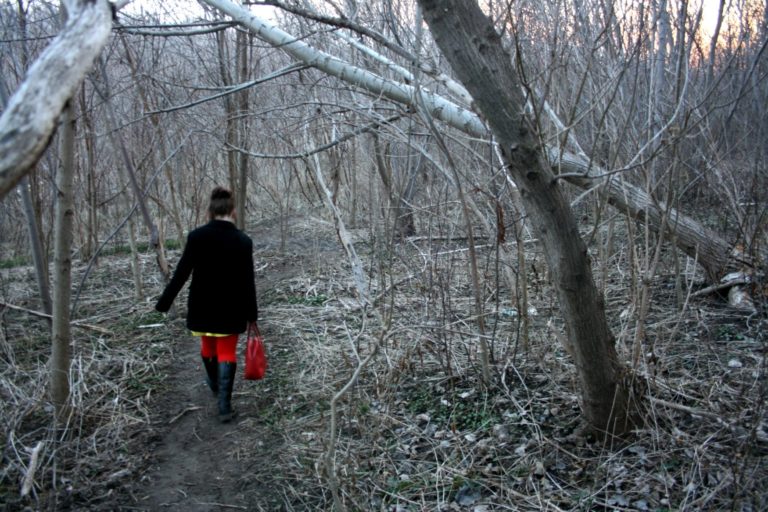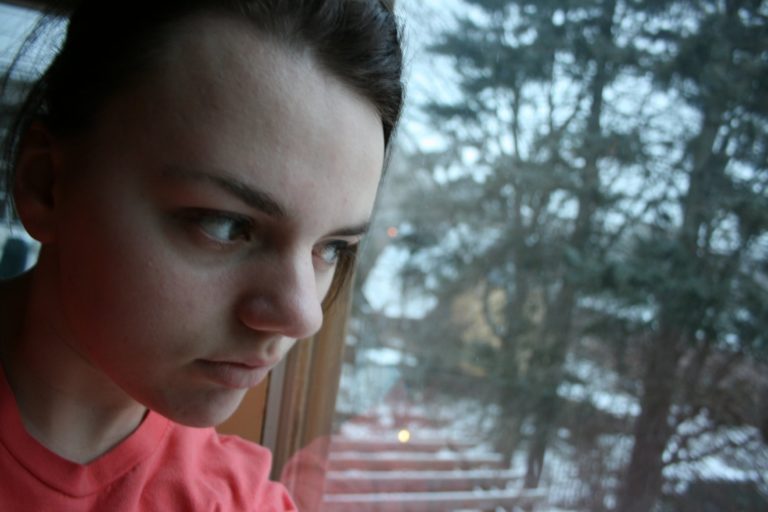
I have to admit: this instalment of my “Do I Want Kids?” series has been the hardest one to write, and the one I’ve been putting off the longest. Why? Well, it’s not exactly fun to talk about the demise of the planet.
I’ve had a number of conversations over the past few years with friends and partners about whether I think parenthood is in the cards for me, and one consideration that always comes up is: is it even ethical to create more people at a time like this in human history?
Overpopulation is rampant. There are countless kids around the globe waiting to be adopted already; why bring more into the world when that’s the case? I’ve been thinking about adoption a lot more lately since reading Elsie Larson’s blog with her husband Jeremy, TheLarsonHouse.com, about their experiences adopting two little girls with albinism from China. Obviously this is no less legitimate than biological parentage; no DNA test can disprove that they are these girls’ parents, emotionally, logistically, legally. As much as the ideas of pregnancy, giving birth, and passing on my genes and the genes of a partner all tug at my heartstrings, to me it seems apparent that adoption is the more ethical route, from a utilitarian philosophy perspective, if you have a choice between the two. (Not all of us do. Adoption is ridiculously expensive, and sometimes pregnancy strikes unexpectedly.)
But beyond that: what kind of a world is this to raise a child in? I’m terrified of climate change, the current political landscape, and what could happen over the next few decades. It’s a critical moment for humanity, one that’ll either be written up in history books or will just vanish, as we do, into the baked-in history of this crumbling planet. Having a kid at this particular moment sort of feels like renovating a house you know is about to be hit by a meteor. Why even try? All good parents want to spare their children from pain, and what worse pain could there be than trying to survive on a dying planet descending into fascist chaos?
That said, I’m admittedly not as much of a pessimist as this is making me sound. Time is tight, but awareness is growing, and it seems there’s a small chance we could save our planet and ourselves. Environmentally conscious leaders like Alexandria Ocasio-Cortez and Elizabeth May are mocked by right-wingers, but they have the right idea, and there will be more like them in the coming years. My inner state-smashing socialist wants us to overthrow capitalism and overhaul global energy systems in one fell swoop, but my inner realist knows democratic process and slow change are the likelier routes to real shifts in how we do things. I see some glimmers of hope on the horizon in that regard; it’s just a question whether there are enough of those glimmers and if they can summon change fast enough to save us.
There’s a quote from Angels in America I think about all the time in relation to climate change and global collapse: “Before life on Earth becomes finally merely impossible,” prophesies the titular angel, “it will, for a long time before, have become completely unbearable.” Would my children blame me for birthing them into a world where they have to live under staggeringly awful conditions? Or would they merely fight for change, and do their best, and make the most of the cards they were dealt?
All I know is that I don’t know. Maybe that’s enough for now.
Thanks so much to TestMeDNA.com for sponsoring this series. Check them out for all your legal paternity test needs!
